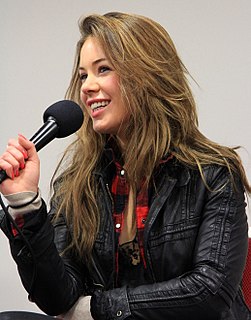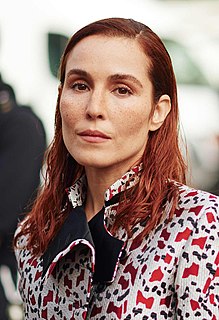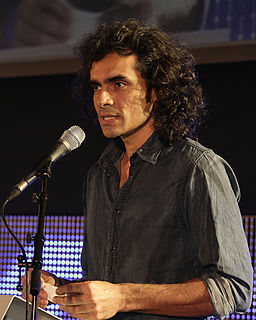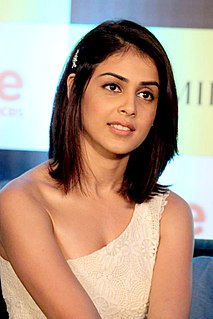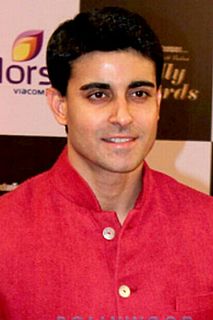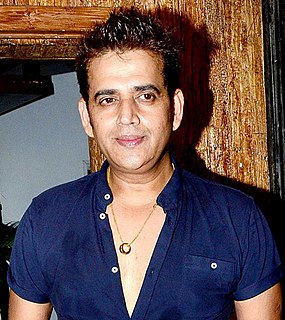A Quote by Jaideep Ahlawat
As soon as the director says action, an actor has to do the same work no matter if the screen is small or big.
Related Quotes
You're always learning as an actor... anything you do is a learning experience. It's the same whether you're doing film or TV, you have to do the part to the best of your ability, no matter how big or small the role. It's as simple as that, really. But every bit of work you do is a learning experience - which is the same, I guess, for people in whatever job they do. But with acting, it's also fun to be able to explore different characters and emotions.
The weird thing is that, with actors, filmmakers and directors, it doesn't really matter if it's Robert Downey Jr., who's one of the biggest stars in the world, when you start to work, he's a hardworking actor. At the end of the day, it doesn't matter who's a big star and who's an unknown actor from wherever. It's all about the work you do.
The truth is, an actor's performance is the result of work by a lot more people than just the actor. When you see that character portrayed up on screen, there is the work certainly of the actor, but there's the work of the editor, there's the work of what the camera was doing. What the music was doing, all of the above.




